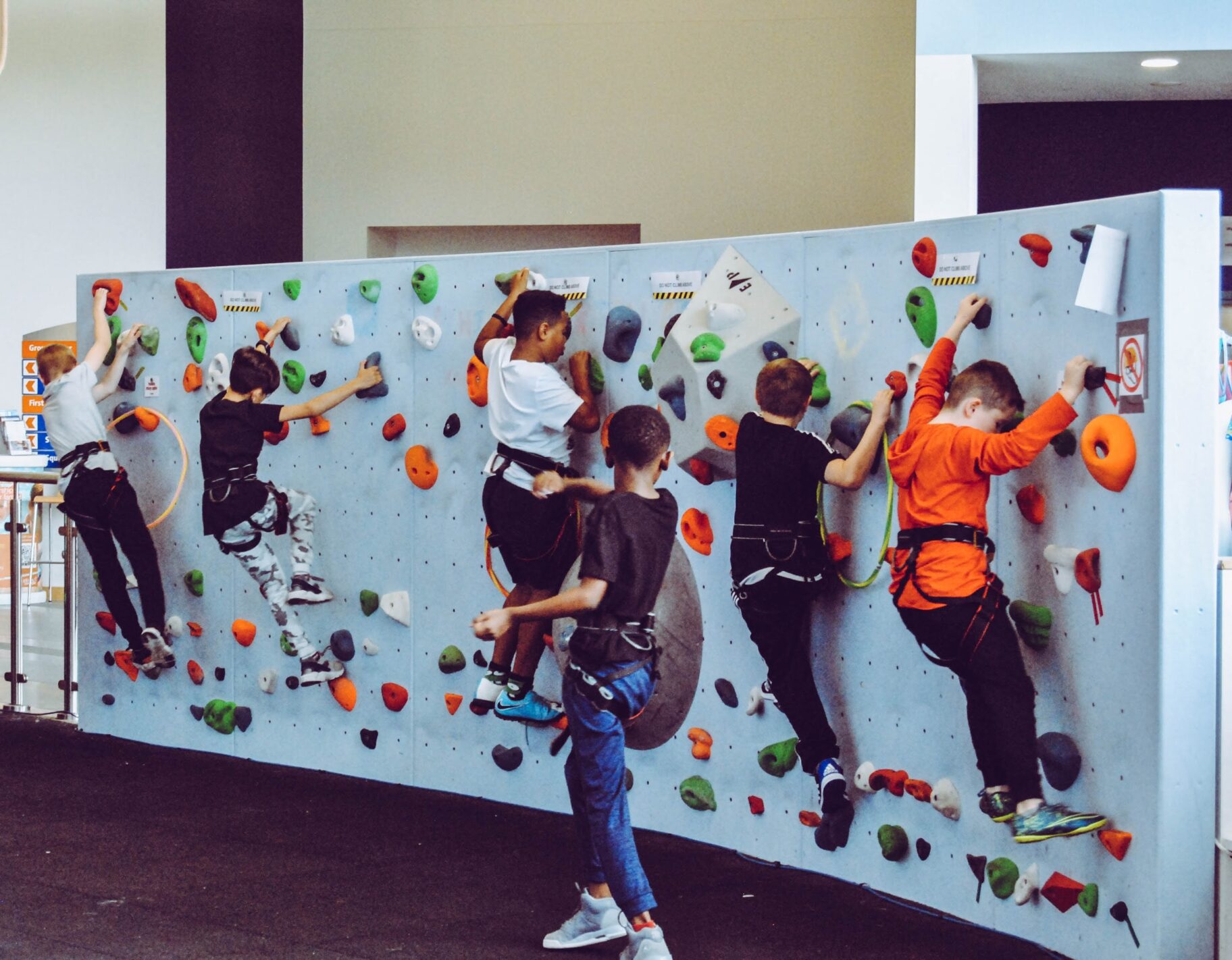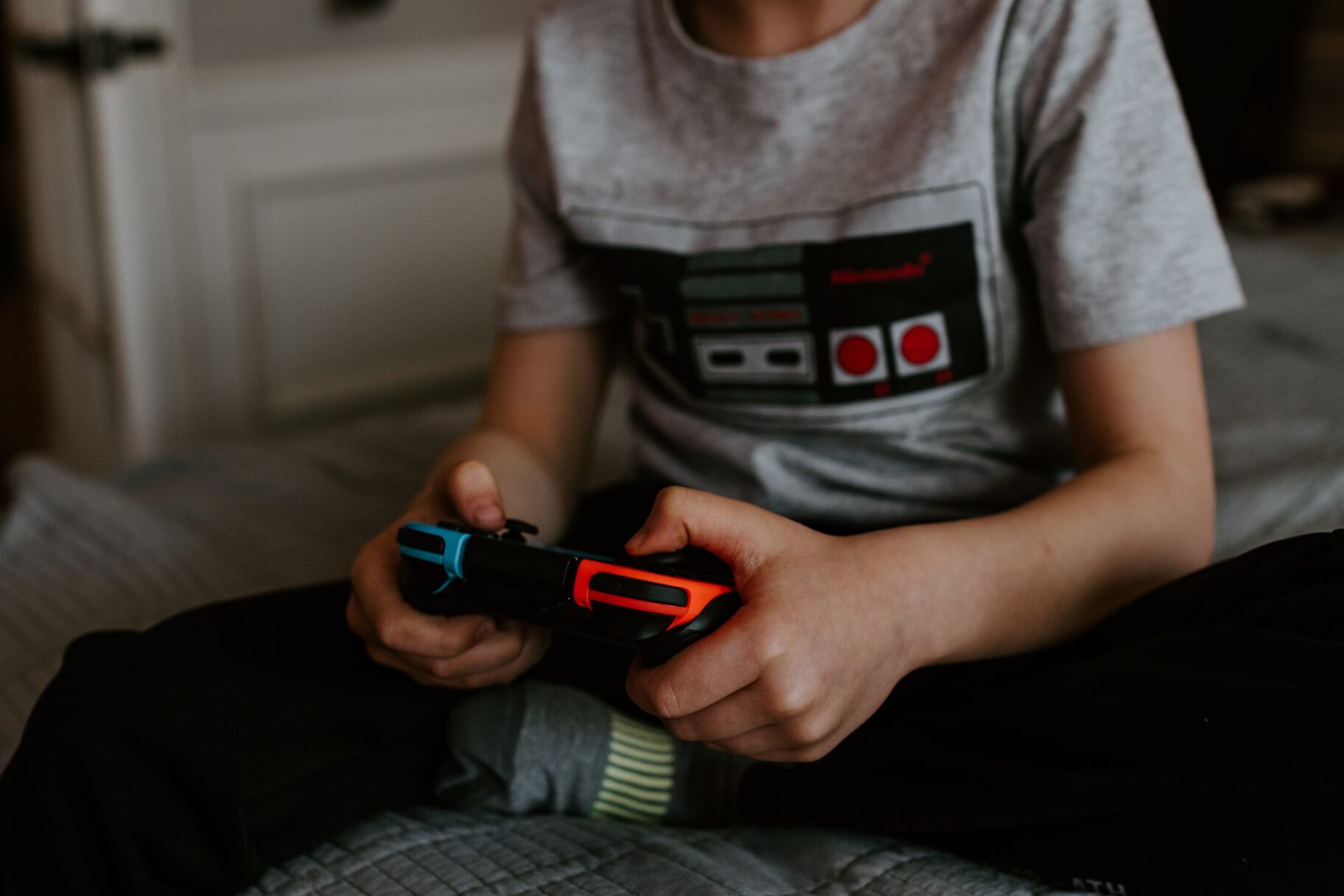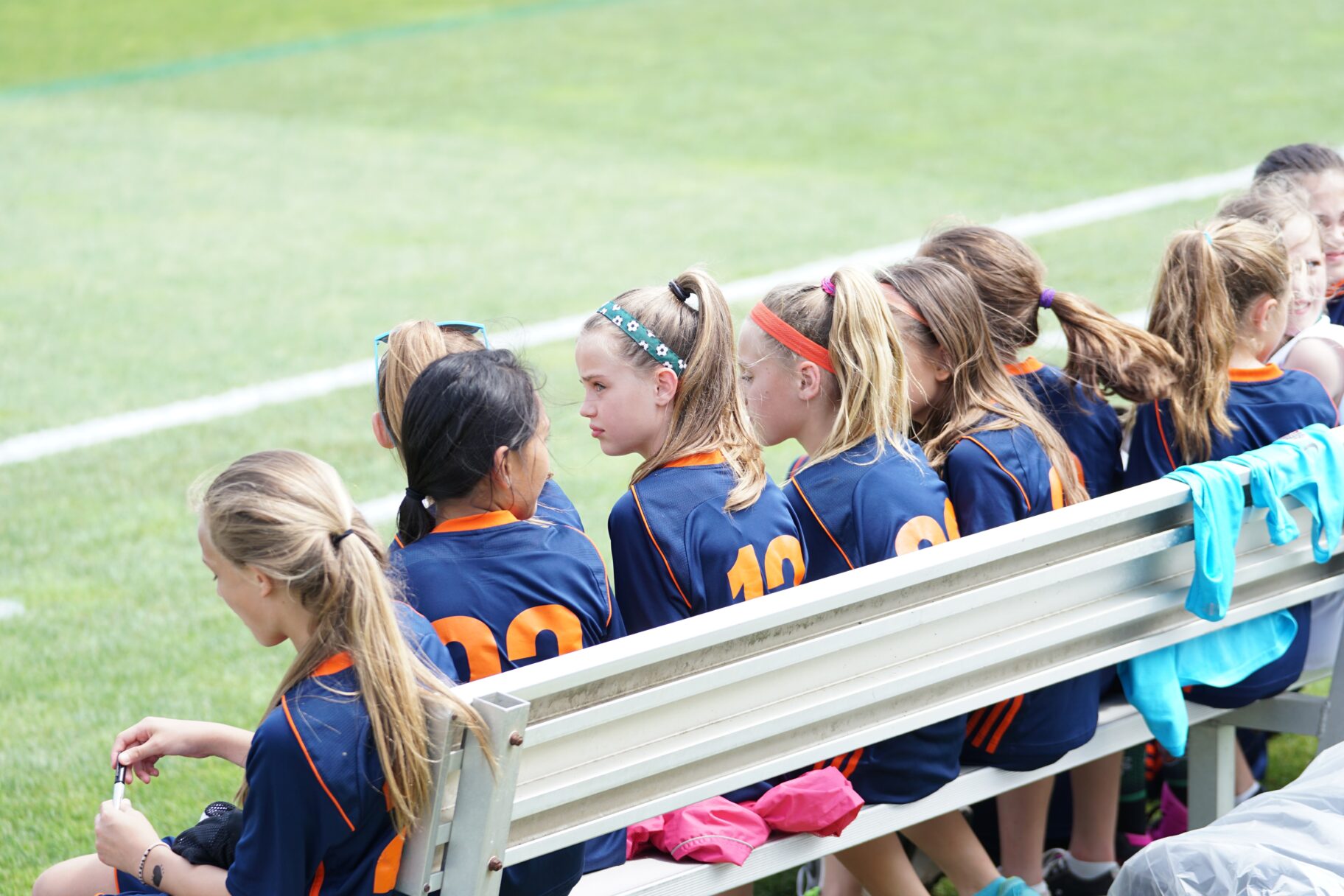

School life is busy and often seemingly full of competing priorities. Schools and staff can find themselves caught in a delicate balancing act, juggling a myriad of activities ranging from compulsory academic requirements to creative showcases like the annual school show. However, one vital aspect often seems to get pushed aside – physical education (P.E.) and outdoor play. In this article, I question the frequent cancellations or sacrifices of P.E. and outdoor play for various events, activities and even the weather, urging educators and the ‘system’ to reconsider priorities.

In many schools, it’s not uncommon to see P.E. classes cancelled or shortened to accommodate events like school concerts, plays, or even visits from special guests. While these activities undoubtedly contribute to a well-rounded education, it raises the question of whether the importance of physical well-being is being overshadowed. This seems to be much more common in primary settings. My children have come home countless times over the years saying there was no P.E. today because “it was the first day back”, “last week of term”, “first week of term”, “we had a visitor”, “it was cold”, “it was raining”, “most people voted to play on the iPads instead”, “we had to practice for the school concert” and so on and on. Having spoken to a number of parents and read countless discussions in online forums, this seems to be commonplace in primary education settings.
Outdoor play, an integral component of a child’s development, is also at risk of being sacrificed. With the unpredictability of weather and the prioritisation of other events, children are losing valuable opportunities for unstructured play. Outdoor play not only fosters physical fitness but also enhances cognitive skills, creativity, and social development. It also provides crucial downtime that children require to concentrate on more structured requirements during the day.
In today’s digital age, the bulk of children are increasingly sedentary, spending more time indoors glued to screens than engaging in physical activities. At the end of the school day, children can be heard shouting, “see you on Fortnite” to their friends rather than, “see you at the park”. The limited time allocated to P.E. and outdoor play in schools exacerbates this issue. For some children, school may be their only opportunity for physical activity, making it essential to safeguard these moments.

Numerous studies have established a direct link between physical activity and improvements in behaviour. It’s not rocket science. Regular exercise has been shown to reduce stress, anxiety, and disruptive behaviours, leading to a more conducive learning environment. By prioritising P.E. and outdoor play, schools can actively contribute to addressing behavioural issues in students, yet there are many activities in schools without these benefits that appear to take priority.
It’s essential to address the counterproductive nature of certain school disciplinary measures, such as “missing play time” for poor behaviour or incomplete work. Punishing students by denying them the chance to engage in physical activities contradicts what we know about the positive effects of exercise on behaviour and concentration. Rather than improving behaviour, withholding playtime may exacerbate behavioural issues by restricting the very outlet that can contribute to their resolution. Can this be reconsidered?
Recognising educators’ constraints, it’s crucial to acknowledge the long-term benefits of prioritising physical education and outdoor play. Teachers play a pivotal role in shaping the lives of their students, and by emphasising the importance of physical activity, they contribute not only to their students’ health but also to their academic success, because of course, these two things are intrinsically linked.

My call to prioritise P.E. and outdoor play is not a dismissal of other enriching activities, but simply an appeal for a more balanced approach. Senior leadership teams and policymakers should reconsider scheduling decisions, ensuring that time dedicated to physical education is protected against cancellations.
As we navigate the demands of modern education, it’s imperative to reflect on the consequences of side-lining physical education and outdoor play. By re-evaluating school schedules and emphasising the long-term benefits of an active lifestyle, educators can better contribute to the holistic development of their students. Let us not sacrifice the well-being of our children for the sake of convenience; instead, let physical education and outdoor play take their rightful place in the foundation of a comprehensive and effective education system.